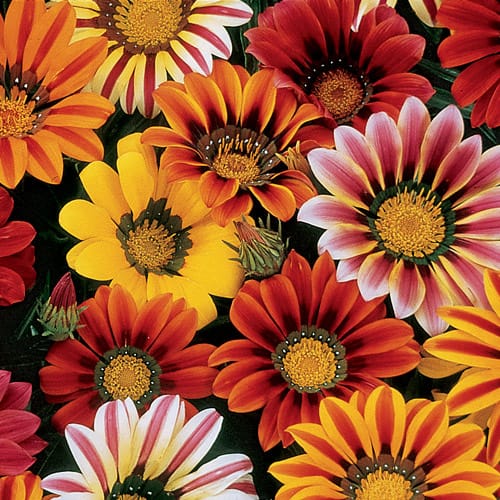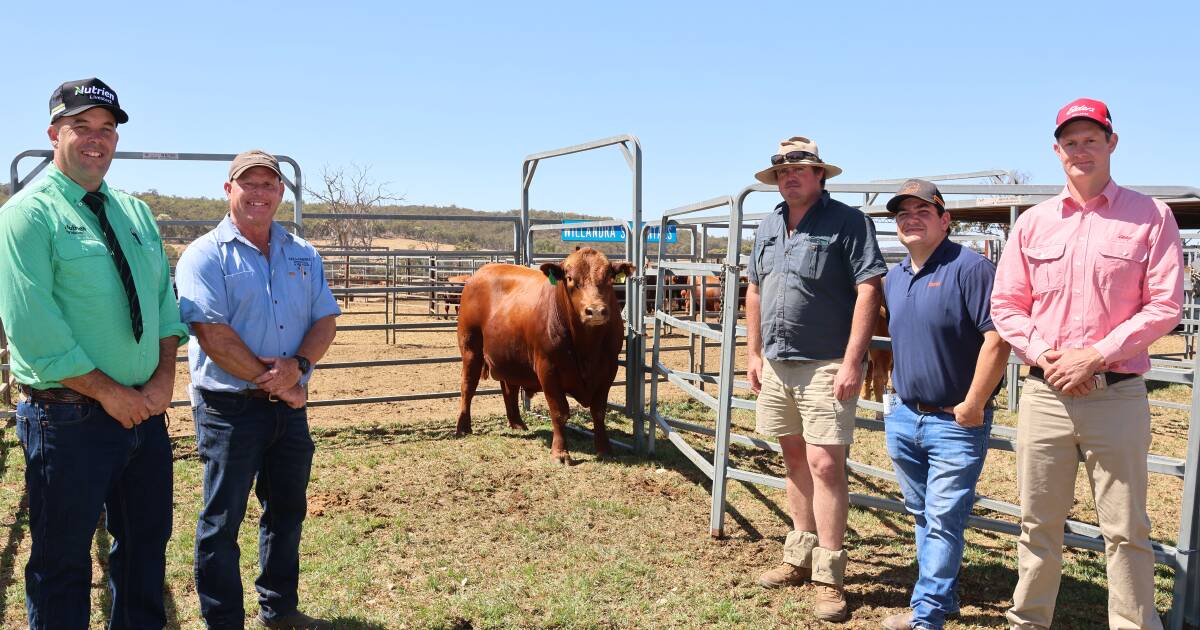
UPDATE: Urgent calls are emerging for a national ban on the sale of the “highly invasive” weed, gazania, which is wreaking havoc on Australian farmland, particularly in regions like Hawkesbury. Farmers, environmental groups, and researchers are sounding the alarm as this once-popular garden plant rapidly spreads, threatening essential grass feed for livestock across the country.
Introduced from South Africa in the mid-20th century, gazanias were initially celebrated for their vibrant colors and low maintenance. However, they have since escaped gardens and invaded critical agricultural areas, including roadsides and cropping paddocks. Reports confirm that farmers from South Australia to Victoria and Western Australia are facing severe infestations, with some grain paddocks rendered completely unviable.
Each gazania flower head can release around 60 windborne seeds, capable of traveling up to 30 kilometers, allowing this destructive weed to colonize new areas at an alarming rate. In some regions of South Australia, paddocks are now overrun with gazanias, leaving farmers struggling to grow crops and impacting their livelihoods.
Dr. Ali Bajwa, a leading researcher in weed science at La Trobe University, states that the resilience of gazania makes management nearly impossible. “Gazanias can choke native vegetation and outcompete crops for nutrients, moisture, and light,” Dr. Bajwa said. He also noted that these weeds are inherently tolerant to many herbicides, complicating control efforts. Dr. Bajwa’s team is currently conducting field trials to explore new chemical control options, supported by the Grains Research and Development Corporation.
Despite the growing crisis, gazania remains legal for sale in most states, including New South Wales, where consumers can still purchase the plant and its seeds at local retailers like Bunnings. Imogen Ebsworth, the engagement director of the Invasive Species Council, criticized the situation, calling it “bonkers” that nurseries can still sell such a harmful species. “We’ve got over 30,000 introduced plant species in Australia, and most have never been assessed for their weed risk,” she added. Ebsworth warns that gazania could become the next lantana or blackberry, both formerly sold as ornamentals that now dominate millions of hectares of land.
As this invasive species continues to threaten Australian agriculture, residents are encouraged to report any sightings of gazania escapes from gardens or roadside verges to the New South Wales Department of Primary Industries’ Weed Wise program for identification and control advice.
The urgent need for action is clear as the impacts of gazania extend beyond ecological concerns, threatening the economic sustainability of farming communities across Australia. The call for a national ban on this invasive weed is growing louder, and stakeholders are demanding immediate attention to protect Australia’s agricultural future.






